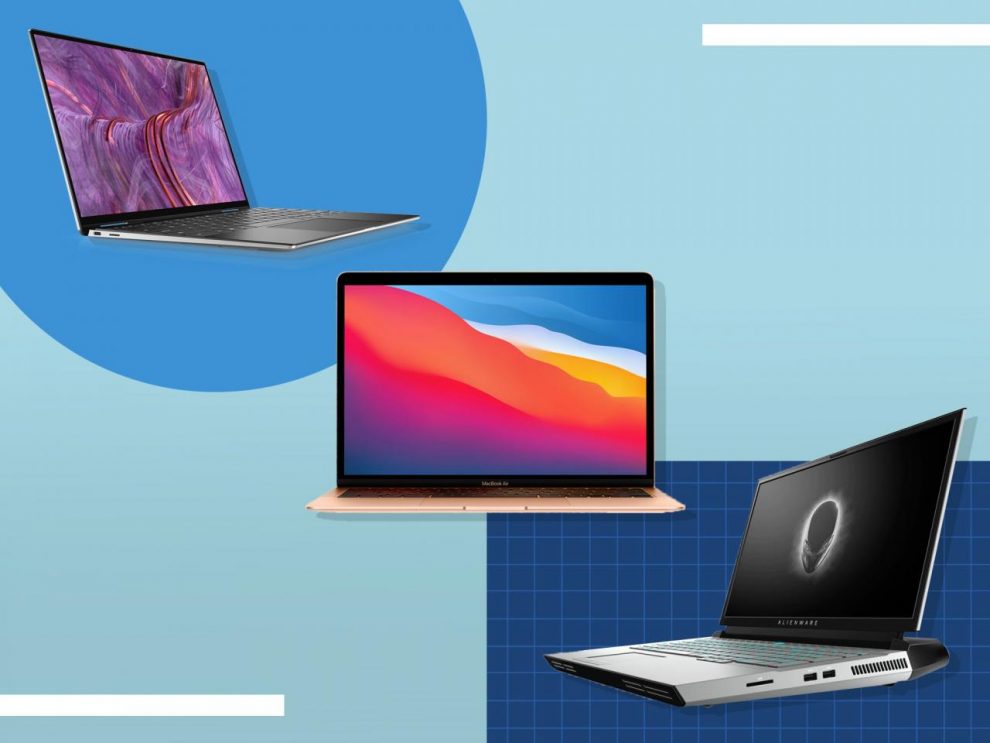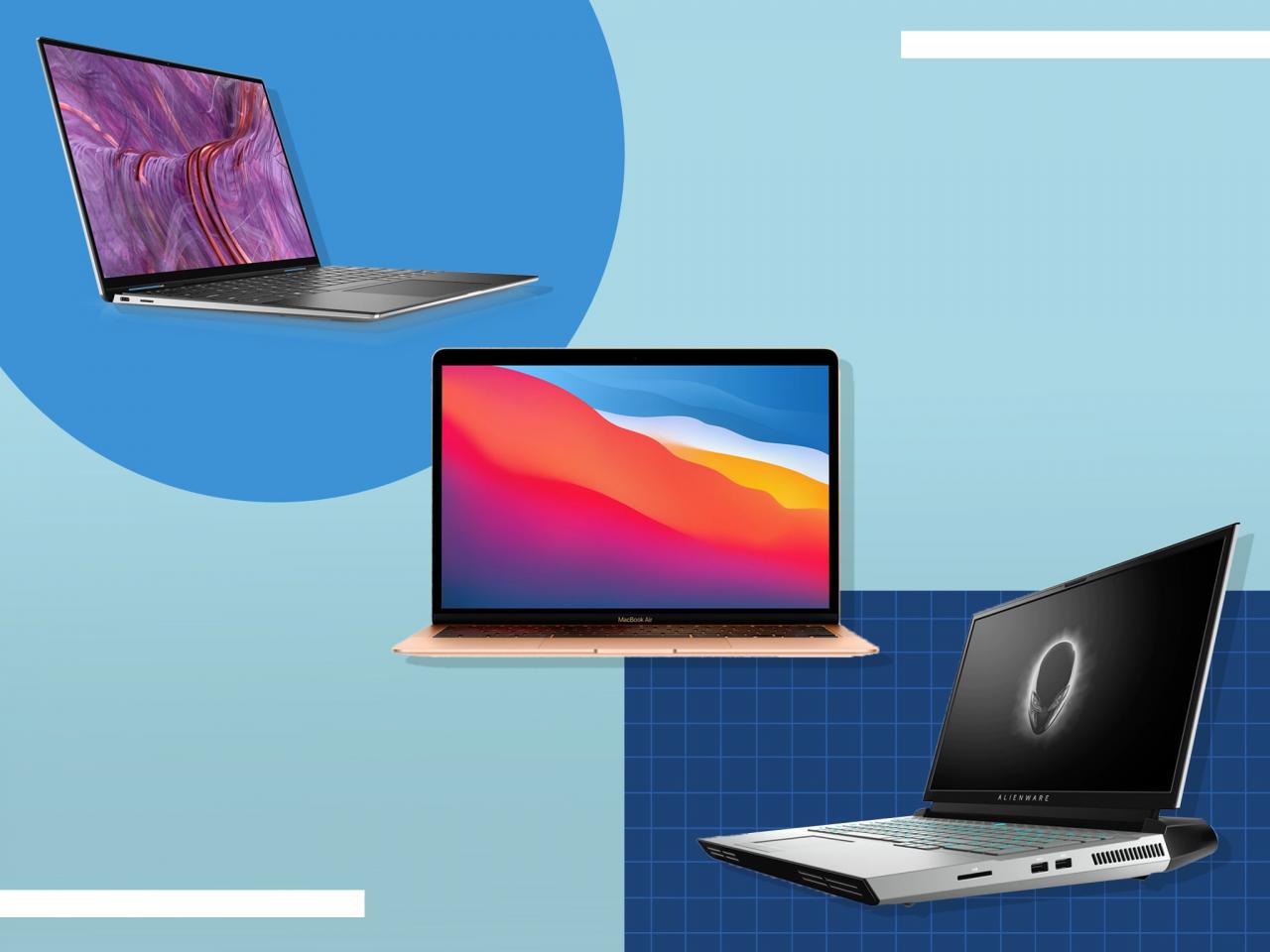Understand Your Needs
When it comes to buying a laptop, you must first determine your needs. Steve Jobs, co-founder of Apple Inc., once said, “Technology is nothing. What’s important is that you have faith in people, that they’re basically good and smart, and if you give them tools, they’ll do wonderful things with them.” That statement resonates today, particularly when choosing a laptop. You’re not just buying a device; you’re investing in a tool that will help you create, communicate, work, and play.
Consider the primary purpose of your new laptop. Are you a student who needs a portable device for taking notes in class, researching, and writing papers? Are you a gamer looking for a high-performance machine? Are you a business professional who needs a reliable device for presentations, video meetings, and multitasking? Or are you a creative professional, like a graphic designer or video editor, who needs a powerful machine with high-quality display?
Key Specifications to Consider
Once you understand your needs, it’s time to dive into the key specifications.
Processor (CPU): The brain of your laptop. More powerful CPUs can handle more complex tasks. For example, the latest AMD Ryzen 5000 series or Intel’s 11th Gen Core CPUs would be ideal for intensive tasks like video editing, 3D rendering, and gaming. For lighter tasks like word processing or web browsing, a less powerful CPU, like the Intel Core i5 or AMD Ryzen 3, could be enough.
Memory (RAM): RAM affects the overall speed and efficiency of your laptop. It temporarily stores data that the CPU uses, so having more RAM can make your laptop run more smoothly when multitasking. Most users will find 8GB sufficient for everyday tasks, but for more intensive tasks like video editing, 16GB or more is recommended.
Storage (HDD/SSD): Hard Disk Drives (HDDs) offer more storage space at a lower cost but are slower and less durable than Solid State Drives (SSDs). SSDs are faster, more durable, and quieter but cost more per gigabyte. For most users, a 256GB or 512GB SSD should be sufficient.
Display: The quality of the laptop display is essential, particularly for those who work with video or images. Screen size, resolution, and panel type (IPS, TN, etc.) can impact the visual experience.
Battery Life: Battery life is a crucial factor for users who often work on the go. But remember, the more powerful the laptop, the faster the battery drains.
Operating System (OS): The main options are Windows, MacOS, and Linux. Your choice depends on your personal preference, the software you plan to use, and perhaps your budget.
Choose the Right Brand and Model
The next step is choosing a brand and model. Apple’s MacBook line, Dell’s XPS and Inspiron series, HP’s Spectre and Envy series, and Lenovo’s ThinkPad and Yoga series are some popular choices.
For Students: The Microsoft Surface Go, with its compact design, lightweight, and excellent performance, could be the ideal choice for students.
For Gamers: The Alienware M15 R4 offers powerful performance, a high-refresh-rate screen, and robust build quality that gamers will appreciate.
For Business Professionals: The Lenovo ThinkPad X1 Carbon combines sleek design with top-notch durability, making it an excellent choice for business professionals.
For Creative Professionals: Apple’s MacBook Pro with the M1 chip offers superior performance and a high-quality Retina display, making it a favorite among many creative professionals.
Choosing the right laptop is a personal journey, and as Bill Gates once said, “The advance of technology is based on making it fit in so that you don’t really even notice it, so it’s part of everyday life.” Your laptop should fit seamlessly into your lifestyle, serving as a tool to help you achieve your goals. This guide should serve as a roadmap in your quest to find the perfect laptop. Happy shopping!

















